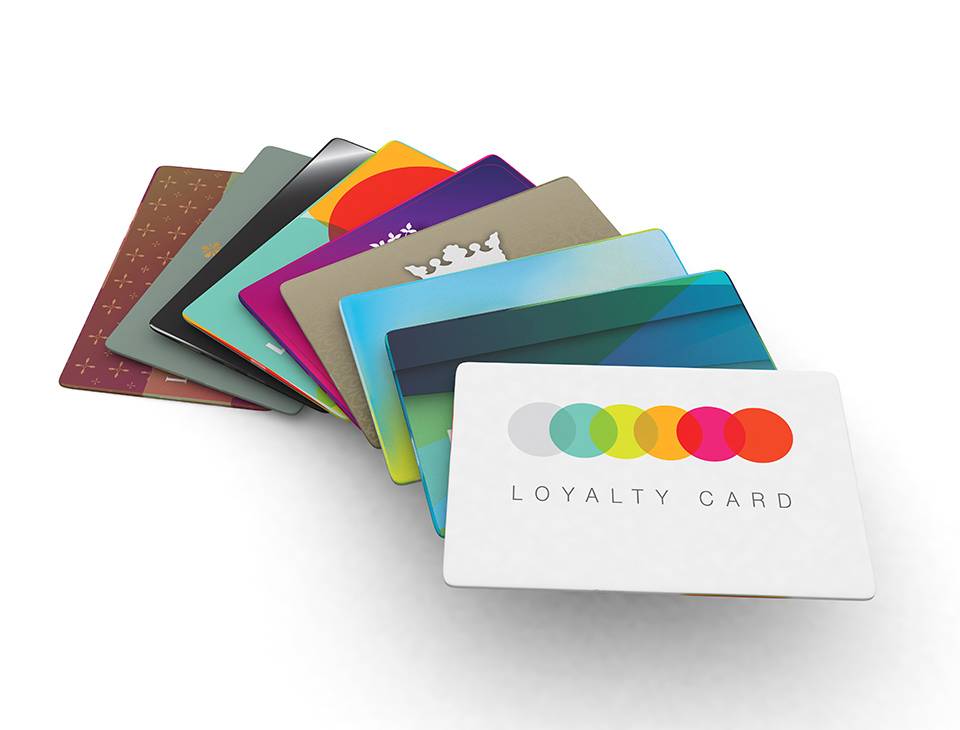As the holiday shopping season gains momentum, those looking to swindle online shoppers get creative in their attempts to lure victims. I consulted with Scambook (www.scambook.com), an online complaint resolution website, about the top scams from last holiday season – they’re likely to appear again either in the same form or with slight variations – and what consumers can do to avoid falling prey. How do you avoid online scams?
Last season, many Scambook users received a text claiming that they’d won a $1,000 Best Buy gift card – I received a text like this myself. The text directed recipients to go to a webpage (most commonly BestBuyContest.com and BestBuyWin.net) and enter a code. Those lured to the website (not affiliated with Best Buy) were asked to provide personal information, including name, address, email address, phone number and date of birth.
Snopes.com, a website dedicated to debunking online rumors, reports that scams of similar construction date back to 2011 offering gift card “prizes” from a variety of retailers, including Costco, Walmart, and Starbucks. To avoid falling for this one, don’t provide your personal information or credit card information in the hopes of securing free stuff, and don’t follow links that appear in an unsolicited text, email or social media post.
In an attempt to take advantage of consumers looking to snag a great Black Friday deal, Scambook reports that scammers set up fake “leaked ads” sites to mine personal information from users, in many cases offering “downloadable coupons.” Downloading these fake coupons results in malware and virus infection. If you’re looking to get a head start on your Black Friday shopping plan, Brad’s Black Friday by Brad’s Deals (http://blackfriday.bradsdeals.com/) offers full color images of ads from major retailers well in advance of Thanksgiving Day without viruses or malware.
According to Scambook, scammers also use virus-embedded videos and eCards sent from a fake Twitter account or through phishing emails in order to infect unsuspecting users with malware. This tactic becomes popular during the holiday season since people are likely to view videos and open eCards that they believe carry holiday greetings from friends or family. Hover your mouse cursor over URL links to see the true destination address that you will be directed to upon clicking and don’t click if you don’t recognize the site. Stick to reputable sites like YouTube, Hallmark or BlueMountain for videos and eCards.
Scambook also reminds holiday shoppers that Google results can include dummy websites created to lure online shoppers with too-good-to-be-true deals in order to collect personal information and credit card numbers. The developers of these fake sites can use search engine optimization techniques to push their site up in the results for terms like “Best Buy Black Friday 2013 deals.”
These sites are also used to spread malware infection. Javascript imbedded in bait websites recognizes Internet Explorer users and prompts them to install a security suite, which is actually a virus. Be wary of any program installation or “update” prompts you get upon accessing an untrustworthy website. Go to the software manufacturer directly to download necessary updates for a specific program.
Scambook offers these additional tips:
- Shop with a pre-paid debit card to avoid providing potentially risky sites with your credit card number or personal information.
- Shop trusted sites like Amazon, Target.com or Zulilly.com. Don’t follow links received through text, email or social media.
- Be wary of a deal that seems too-good-to-be-true, particularly if it’s for a hot item like an Xbox One, PS4, Apple mobile device, or anything that is sold out at reputable retailers.
- Diversify your passwords: using the same password to create an account with a phishing website as you use for your online banking could compromise more than your credit card number.

About The Author: Andrea Eldridge is CEO and co-founder of Nerds On Call, a computer repair company that specializes in on-site and online service for homes and businesses. Andrea is the writer of a weekly column, Nerd Chick Adventures in The Record Searchlight. She prepares TV segments for and appears regularly on CBS, CW and FOX on shows such as Good Day Sacramento, More Good Day Portland, and CBS 13 News, offering viewers technology and lifestyle tips. See Andrea in action at callnerds.com/andrea/.






